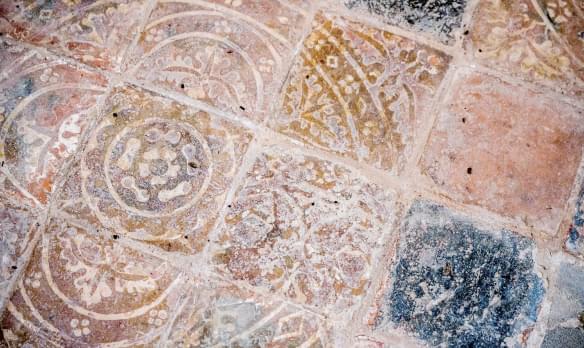
Presbyterian Church
Waringstown, County Down | BT66 7QL
Presbyterians have worshipped together in Waringstown since 1846, our current church building was built and opened in 1853.
We have supported this church
Search for a fascinating place to visit, or see the variety of churches, chapels and meeting houses we have supported.

Waringstown, County Down | BT66 7QL
Presbyterians have worshipped together in Waringstown since 1846, our current church building was built and opened in 1853.
We have supported this church

Maker, Cornwall | PL10 1JB
The church has been dated to the 15th century, with the nave and chancel possibly of an earlier date.
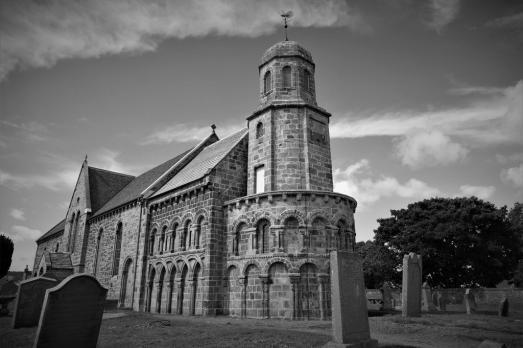
Leuchars, Fife | KY16 0HD
St Athernase has a commanding hilltop position over the town and, thankfully, since its construction in the 12th century, waves of neglect and 'improvement' have not harmed its most distinctive Norman feature: the elaborate 12th century chancel and apse at the east end.
We have supported this church

St Ive, Cornwall | PL14 3LX
Standing beside the road between Callington and Liskeard, St Ive is a remarkable example of a 14th century church.
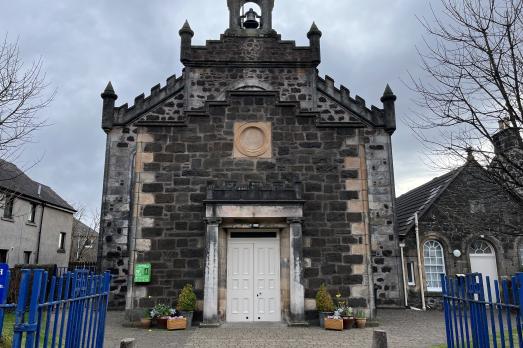
Alva, Central | FK12 5EH
Nestled in the hillfoots town of Alva, the church stands as a testament to centuries of faith, history, and community spirit.

Gilford, County Antrim | BT63 6HJ
St Paul's in Gilford opened in 1869 having been built by the mill owners - it has served Gilford ever since and continues to shine a light in the area.
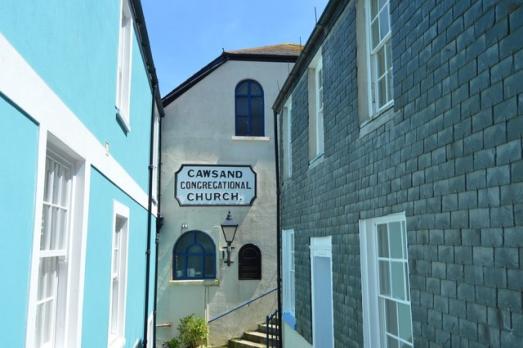
Cawsand, Cornwall | PL10 1PD
Our church Fellowship dates back to 1793.
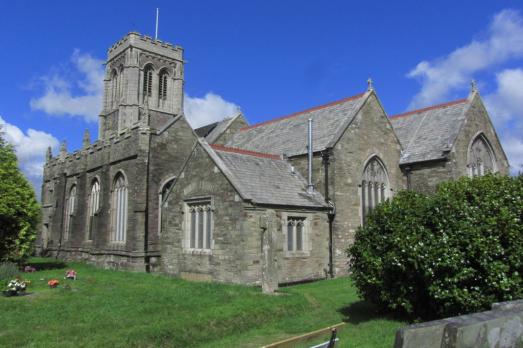
Liskeard, Cornwall | PL14 3AQ
St Martin's in Liskeard is a medieval church, and the second largest church in the Diocese of Truro.
We have supported this church

Sheviock, Cornwall | PL11 3EH
The most complete example of a Decorated period church in Cornwall, St Mary’s was dedicated by Bishop Bronescombe in 1259, the church boasts the best 14th century tombs in Cornwall, Courtenays and Dawney.
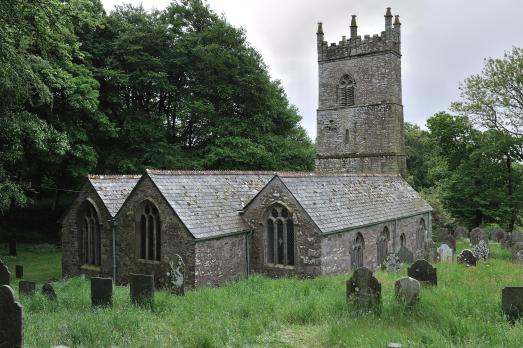
Michaelstow, Cornwall | PL30 3PD
Gorgeous church with an Anglo-Saxon name beside an ancient Holy Well and huge Celtic Cross attest to over a millennia of worship.

Stirling, | FK8 2RG
Visitors, residents are welcomed as friends to this sacred space, whose very stones bear witness to this special place, part of our spiritual journey, with countless lives caught up in it.
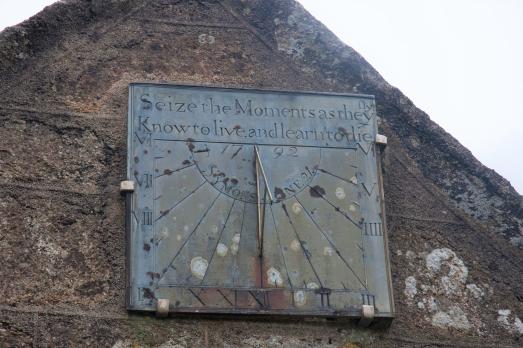
St Breward, Cornwall | PL30 4PP
St Breward is a Cornish parish high up on the western edge of Bodmin Moor with some of the highest ground in Cornwall.